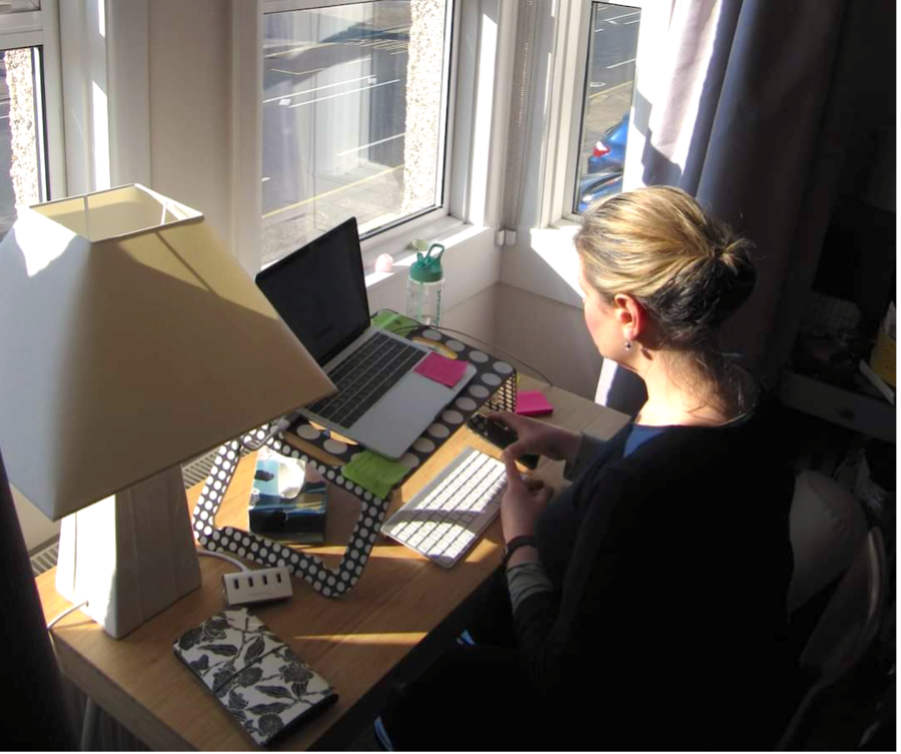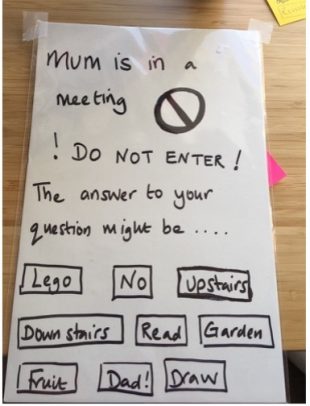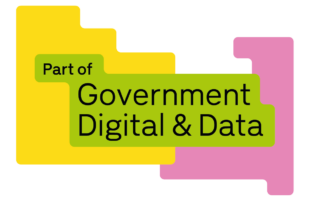
My first job role in the NHS was as an ‘Improving Working Lives’ champion which provided me with early insight into work-life balance and the need for resilience. I am still finding the balance between my career progression, thirst to develop and challenging home life. I don’t have all the answers but keep looking.
Understanding resilience and how I process and respond to change has helped me to develop coping mechanisms and reach out to others to support them too. Over the past year, I have found that the definition of resilience is far from the reality.
The reality of resilience
What resilience means: the ability of matter to spring back into shape after being bent, stretched, or deformed.
What is it really: I’ve learnt that resilience is about:
- self-care
- sustaining good health and energy when under pressure
- bouncing back early from setbacks
- mental toughness
- overcoming adversities
- thriving on challenges
- optimism
- changing to new ways of working and living when the old way is defunct
- doing all this without acting in a harmful or dysfunctional way
- ultimately have a positive impact on others
What does resilience look like: I think that common traits of resilient people are that they have: high self-esteem, optimism, are sociable and seek help when they need it.
Testing resilience
I work compressed and flexi hours. I was used to having working from home days, which sometimes needed to change to suit what was going on and because of that I managed to balance working and being the main child carer.
I did have wrap around childcare on my full-time days with a childminder, after school clubs, holiday clubs and my mother looked after the children on Wednesdays until I got home. However, over the last year, this has changed completely.
The last few months have really tested my resilience, coping with change strategies and juggling life priorities. My wrap around childcare stopped, clubs were cancelled, my childminder was unable to work and my mum is clinically extremely vulnerable, so I have not seen her since March. In short, life changed. I got through it and continue to review what I need and make tweaks to suit.
The Winter Coronavirus Plan confirmed advice that we need to continue working from home wherever possible until April 2021 so it’s even more important to build some great habits. As it takes around 3 months of doing something for it to become a formed habit, I am now building something into my day that I can carry forward longer term. I’m aiming to become more creative and I’m rediscovering things that make me happy, pottery being one of them!
My tips on resilience during uncertain times
Take regular breaks and relax
Try taking a walk at lunchtime to go for a walk and appreciate what is around you. This helps me with perspective and calms me down. I am also not pushing myself to learn a new thing.
By relax, I also mean don’t stress or sweat about the stuff that is forgivable in lockdown with kids and home interruptions! I am hoping one day this will translate into less frequent interruptions. For my kids, I see this as an opportunity to show what it's like in the working world. One way I have managed those specific times that I need my kids to pause before waltzing in is by creating a door sign. I have had mine on the door since March!
 Liz’s sign she hangs on a door that reads ‘Mum is in a meeting. DO NOT ENTER! The answer to your question might be Lego, no, upstairs, downstairs, read, garden, fruit, Dad, draw’
Liz’s sign she hangs on a door that reads ‘Mum is in a meeting. DO NOT ENTER! The answer to your question might be Lego, no, upstairs, downstairs, read, garden, fruit, Dad, draw’
Talk and share with others
Keep talking to people and sharing. I have different networks of people I can talk to about stuff at home and work. I have found the more I have reach out, the more I have been supported and the more I can then take on in supporting others.
Personal encouragement
Try and say some words of encouragement to yourself. There are lots of ways to try and deal with negative thoughts. I follow a short 3 steps to think positively:
- Acknowledge (recognise it’s a negative thought)
- Accept (it)
- Move On - taking control, action and resetting
Support from DIT
At DIT, we receive continuous support from our wellbeing services, who offer an Employee Assistance Programme (EAP). EAP is a free, confidential, independently run support service for all DIT employers and contractors. It is available 24 hours a day and you can immediately speak to someone who is a qualified counsellor. For managers, there is also additional support available.
Our senior leadership team in DDaT are extremely supportive and understanding of the current time period we are all facing offering a space to share in confidence. The leadership team openly share their experiences with us. They have given us (me) the permission to have a home-work life that sometimes fuses but is ultimately rewarding. I feel validated at work, whereas at home I often feel just like a referee.
In DDaT, we have been praised by DIT leaders for the support we give to the department at a time of remote working, new strategic priorities and financial settlements. It is more important to make sure we continue to do what works for us and our work and home families.

